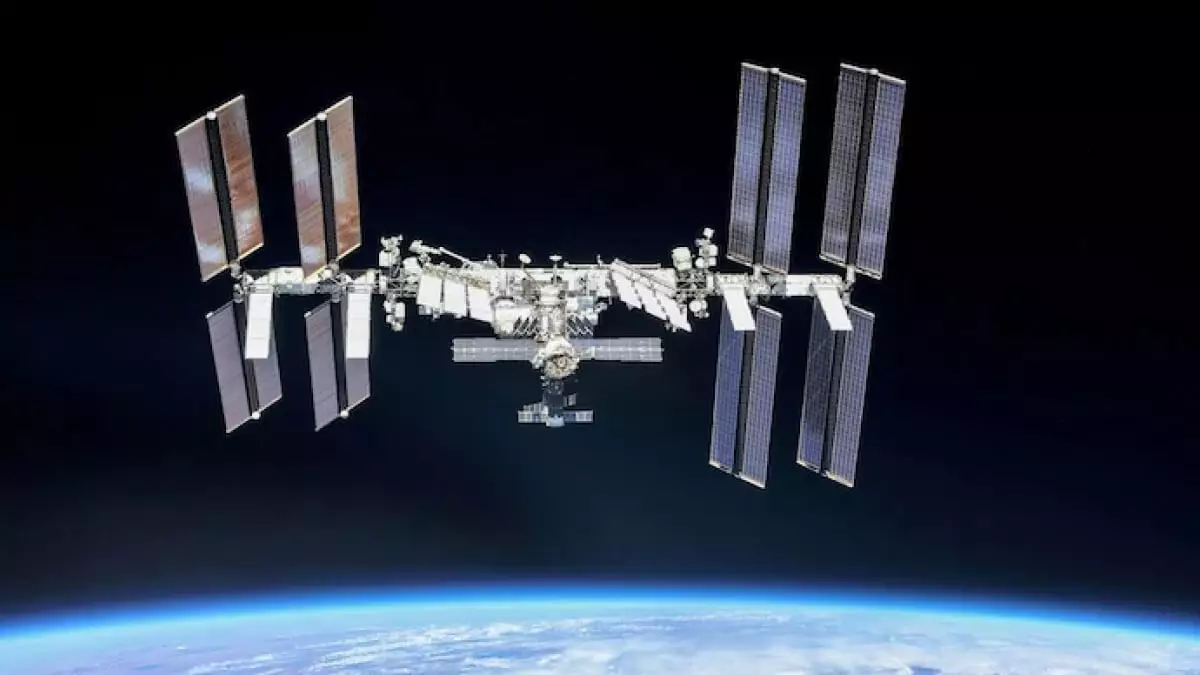On November 23, a surprising event unfolded aboard the International Space Station (ISS) when crew members detected an unusual smell while interacting with the recently docked Russian Progress MS-29 cargo spacecraft. This incident prompted immediate safety measures aimed at preserving the integrity of the station’s environment. The distinct odor, reported via the social media platform X, raised valid concerns among the crew and mission control teams regarding potential risks associated with contamination.
Immediate Response to Safety Concerns
Upon discovering the strange smell, described by NASA astronaut Don Pettit as “reminiscent of spray paint,” the crew quickly implemented decontamination protocols. Small droplets were also found within the spacecraft, leading to a cautious approach that involved sealing off the affected area. Prompt action was crucial, as the air within the Russian segment of the ISS needed careful monitoring and management. The swift decision to contain the odor highlights the protocols that have been meticulously established to address any anomalies in the station’s environment.
Both NASA and Roscosmos responded rapidly to the situation. Air-purification systems were activated to mitigate any potential health risks surface among crew members. The American segment of the ISS utilized the Trace Contaminant Control Subassembly (TCCS), while additional filtration systems in the Russian module were engaged, demonstrating a unified front in handling the unforeseen challenge. The immediate response included crew members donning personal protective equipment (PPE) as an extra layer of precaution, showcasing their commitment to maintaining safety.
Continuous monitoring of air quality allowed flight controllers to assess the situation accurately. By November 24, these efforts paid off, and the air quality aboard the ISS was confirmed to have returned to safe levels. The successful reopening of the hatch between the Poisk and Progress modules underscored the efficacy of the safety measures in place. While the odor’s exact origin remains a point of investigation, reassuring reports indicated that the crew faced no health threats, allowing station operations to continue unhindered.
The Progress MS-29 resupply mission, which launched on November 21, had initially promised to deliver essential supplies like food and fuel. However, the unexpected odor served as a stark reminder of the complexities inherent in space operations. While the crew’s safety remained intact, this incident prompted NASA and Roscosmos to reinforce their preventive measures, ensuring that the risks associated with space missions are managed effectively. As investigative efforts continue, the collaborative response to this anomaly showcases the ISS as a beacon of international cooperation in the realm of science and exploration.


Leave a Reply